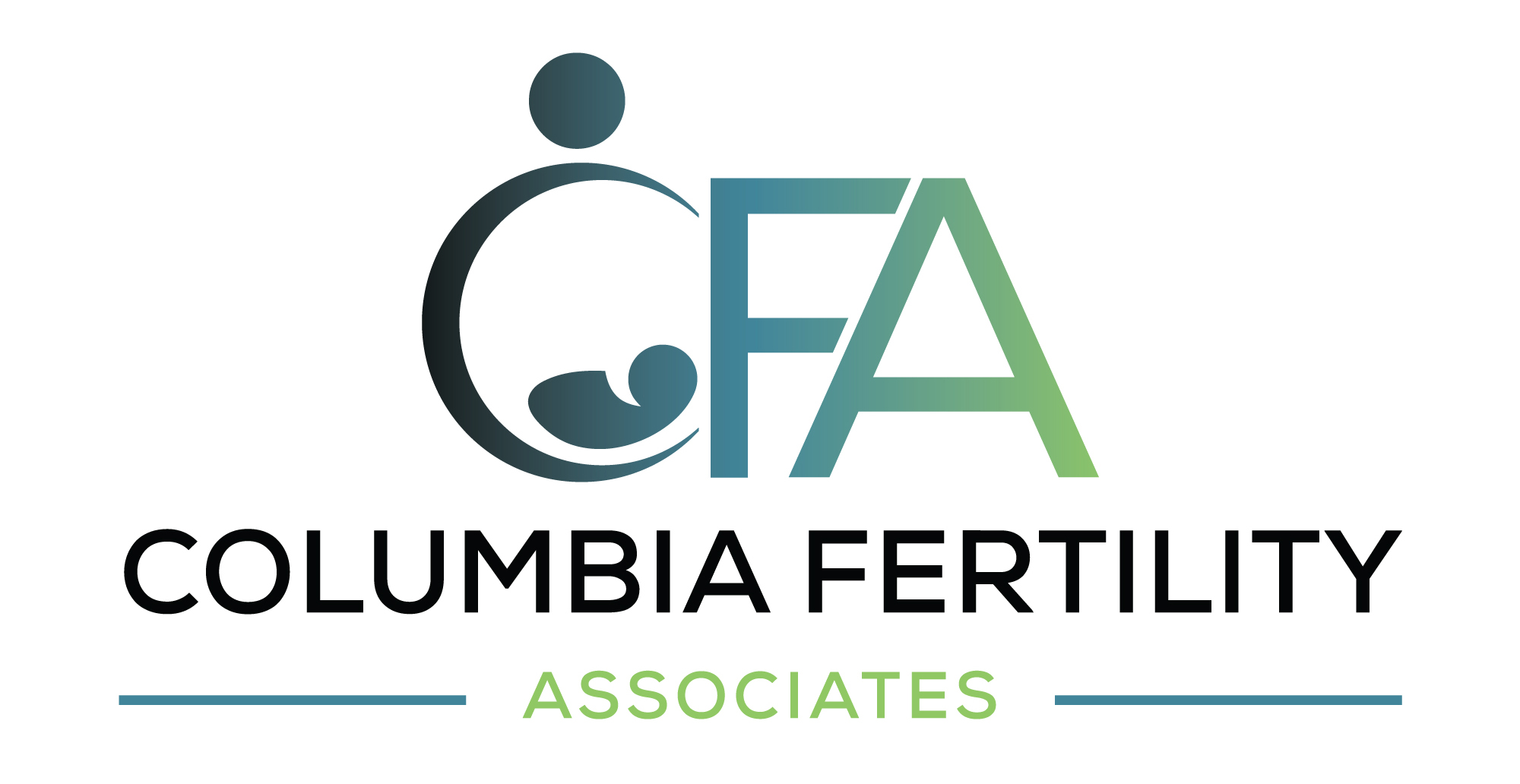As we quickly approach 2023, it has never been easier for LGBTQ+ individuals and couples to grow their families.
At Columbia Fertility Associates, we consider it an honor when we can help bring a baby into any loving home, and we have long been proud supporters of the LGBTQ+ community in Washington, D.C., and beyond.
Assisted reproductive technology (ART) has changed the face of parenting in the modern era, both literally and figuratively. For the first time in human history, the LGBTQ+ community can be connected to the physiologic – and potentially the genetic – aspects of the parenting journey via a range of fertility treatments.
Whether it’s a lesbian couple using donated sperm and intrauterine insemination, or perhaps a gay or transgender couple using a sperm donor and a gestational carrier, there are fertility options for every type of partnership.
Unlike heterosexual couples, where infertility is a problem to be solved, LGBTQ+ couples typically have peace of mind that infertility is not the issue. For this reason, LGBTQ+ couples experience higher success rates than their infertile counterparts when they use fertility treatments.
Below are examples of the possible fertility treatments and options available to LGBTQ+ couples at Columbia Fertility Associates:
Intrauterine Insemination (IUI)
This is the controlled, medical version of what lesbian couples and their willing sperm donors jokingly refer to as the “turkey baster method.”
We take a washed and primed sperm specimen from a donor. When we’ve confirmed ovulation is about to occur, we time the sample’s insertion through the cervix in the hopes that it will meet a recipient’s egg. IUI is used most commonly for couples using donor sperm and/or those who choose a surrogate. If IUI is not effective after a cycle or two, couples may opt to move on to IVF.
Donor Sperm
If there are no sperm available between the two of you, or if the two of you decide it’s more equitable to use sperm that is not genetically related to either of you, donor sperm is available.
You will have a comprehensive profile of donors to review so you can select a donor who seems like a potential match for your preferred physical and ethnic traits, interests, skills, hobbies, education level and so on. This sperm can be used for IUI or IVF, depending on which route you choose.
In-Vitro Fertilization (IVF)
IVF is used in a variety of scenarios. Most commonly, we use IVF after a series of unsuccessful IUI cycles, in cases where the female-half of the partnership is of advanced age (meaning 40-years or older), or in certain infertility cases. IVF will also be used when the couple has chosen a gestational carrier.
For IVF, we fertilize a donor/partner’s eggs with donor/partner’s sperm. The embryo transfer is carefully synced with the recipient’s cycle (typically five days after ovulation) so the uterine lining is primed to receive a healthy embryo. The recipient may be the mother, a surrogate or a gestational carrier, depending on the situation.
Using a Surrogate
A surrogate is a woman who is willing to donate her own egg and her womb in order to help a couple have a baby. In most cases, her egg is fertilized by sperm from one of the LGBTQ+ couple’s partners or donor sperm. The couple can attend doctor’s appointments with the surrogate and are kept closely in the loop regarding the pregnancy’s progression.
When the baby is born, the surrogate gives the baby to the couple and relinquishes all legal parental rights (we’ll discuss basic legal logistics later on). Usually, surrogates become pregnant via IUI, but if that isn’t successful, IVF would be the next step.
Gestational Carrier
Gestational carriers are similar to surrogates in the sense that they donate their womb and body for the gestation and delivery of the couple’s baby. The difference is that she does not donate her own egg(s). Rather, an embryo is conceived using a donor egg and transferred into her uterus via IVF.
Again, the ideal is that the couple and the gestational carrier will remain in close contact so the couple is included as much as possible in the development of their baby, as well as the delivery. The LGBTQ+ couple will be the child’s legal parents or guardians (depending on the laws in your state).
Donor Egg
In some cases, couples may opt to use a donor egg, which then becomes part of an IVF transfer and surrogate or gestational carrier pregnancy. Donor eggs are also used to increase IVF success rates for women who are 40-years or older and/or who have an infertility diagnosis that makes it difficult for them to conceive or carry a healthy baby using their own eggs.
To learn more about Assisted Reproductive Technology and the options available to you at Columbia Fertility Associates, download our FREE eBook!








